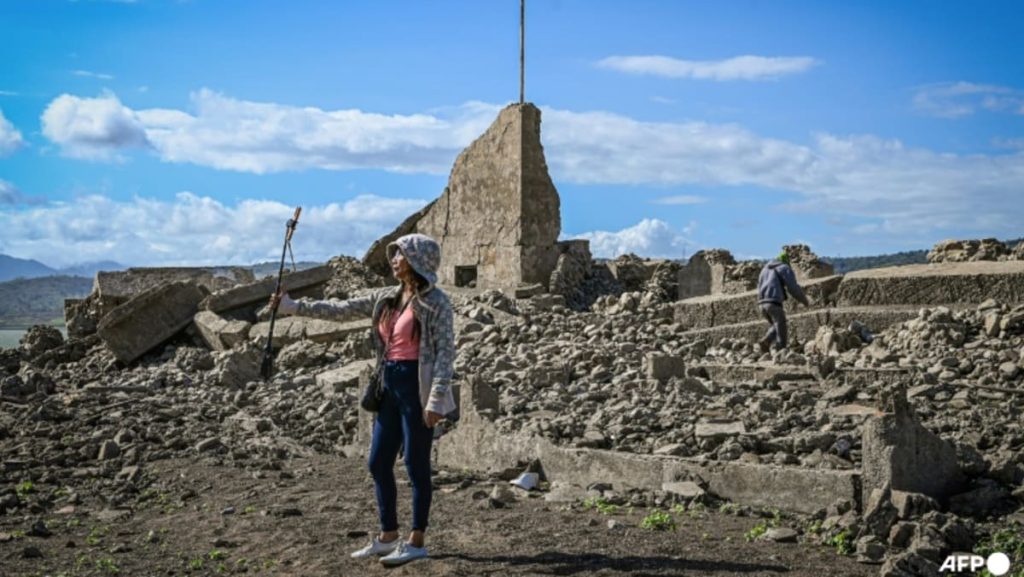akistani city of Karachi to close, with temperatures reaching over 40 degrees Celsius in some areas. The heatwave has also led to power outages in many regions, exacerbating the already challenging living conditions for residents.
In India, the states of Rajasthan, Punjab, and Haryana have been particularly hard hit by the heatwave, with temperatures topping 45 degrees Celsius in some areas. The extreme heat has also contributed to a water shortage, with many regions experiencing drought-like conditions. Farmers have been particularly affected, with many crops failing due to the lack of water and the scorching temperatures.
Health officials have issued warnings about the dangers of heatstroke and dehydration, urging residents to stay indoors during the hottest parts of the day and to stay hydrated. Hospitals have reported an increase in heat-related illnesses, with many patients being treated for symptoms such as dizziness, nausea, and exhaustion. The elderly and children are particularly vulnerable to the effects of extreme heat, and authorities are urging people to check on their vulnerable neighbors and relatives.
Meteorologists attribute the heatwave to a combination of factors, including hot air currents from the Arabian Sea and the effect of climate change. They warn that extreme weather events like heatwaves are becoming more common as global temperatures rise. Governments across the region are being urged to take action to mitigate the effects of climate change and to implement measures to protect vulnerable populations from extreme weather events.
In response to the heatwave, authorities in Bangladesh and India have set up cooling shelters and distributed free water to residents in affected areas. The governments have also instructed schools to adjust their schedules to avoid peak heat hours and have advised people to avoid outdoor activities during the hottest parts of the day. In Karachi, authorities have declared a heat emergency and have set up heatstroke treatment centers to help residents stay cool and hydrated.
As the heatwave continues to grip South and Southeast Asia, experts warn that the effects of extreme heat will only worsen in the coming years if climate change is not addressed. They stress the importance of implementing sustainable solutions to combat climate change and to protect vulnerable populations from the adverse effects of extreme weather events. As temperatures continue to rise, it is crucial for governments and communities to work together to adapt to changing climate conditions and ensure the well-being of all residents in the region.


